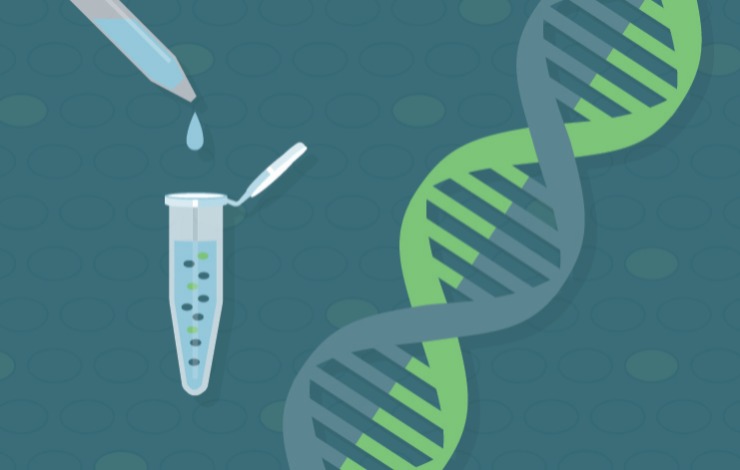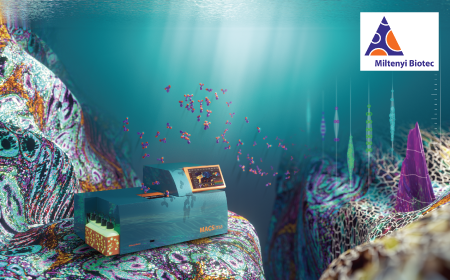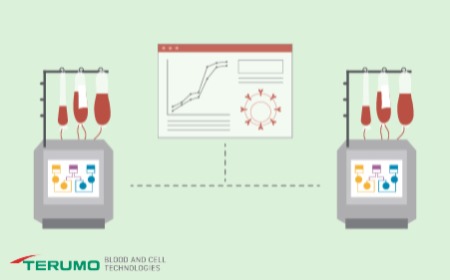Quadplex dPCR as a tool to analyze genome integrity and heterogeneity in gene therapy drug products

The rapid growth of the gene therapy field necessitates product-specific analytics, as critical quality attributes do not consistently correlate with drug potency or safety. It is hypothesized that the heterogeneity of packaged genomes contributes to this inconsistency. A quadplex digital PCR (dPCR) assay, employing four primer probe sets that span the genome from promoter to poly(A) signal sequence, was developed to investigate this. Novel genome integrity analysis of quadplex dPCR data facilitates the calculation of both the absolute number and distribution (heterogeneity) of the target-based AAV genome variants. This analysis can be complemented with orthogonal approaches such as long-read next generation sequencing (NGS) and biochemical capsid content determination methods such as analytical ultracentrifugation (AUC) to provide a comprehensive characterization of AAV drug products.
- Explore the unique advantages and current limitations of dPCR genome integrity assays
- Gain a deeper understanding of dPCR technology and its applications for cell and gene therapy
- Discover the importance of characterizing genome heterogeneity for gene therapy drug products
You might also like

Same-section spatial multiomics: a platform for detailed analysis of the solid tumor TME

End-to-end automated manufacturing of low-seed CAR-T cells

Discover the road to success for viral vector production: strategies, insights, and regulatory considerations

Specifications don’t tell the whole story: how to choose GMP process and QC equipment


